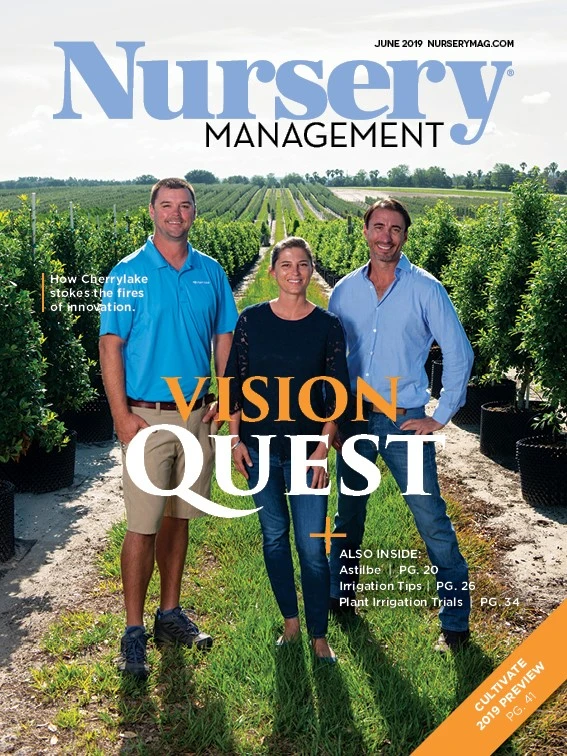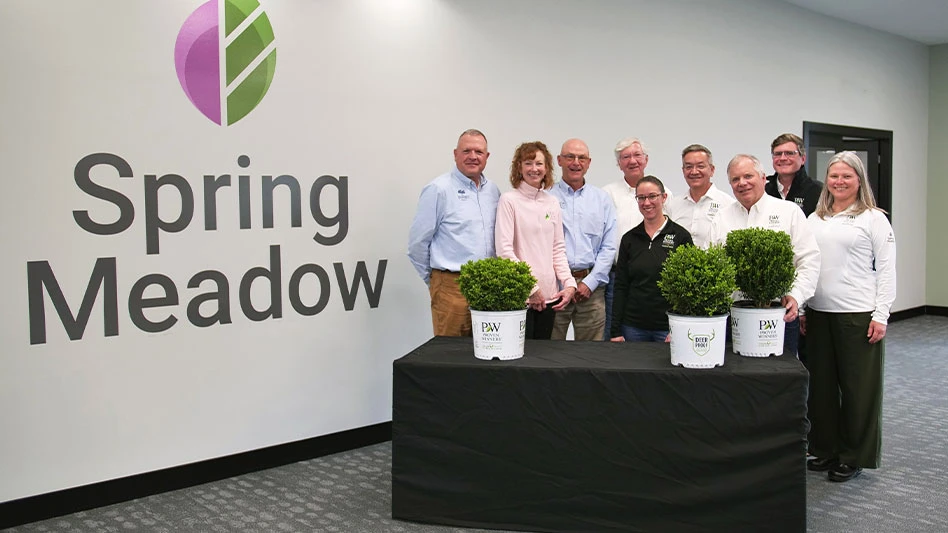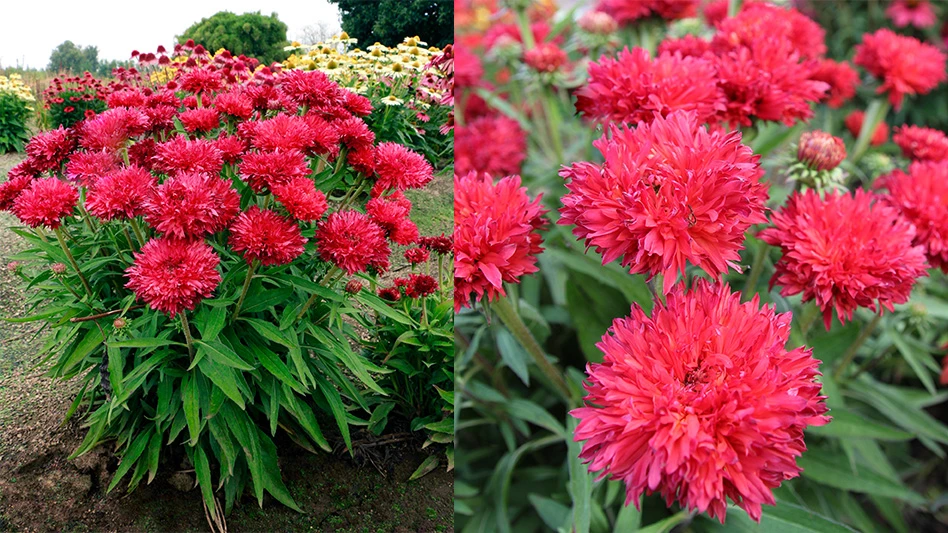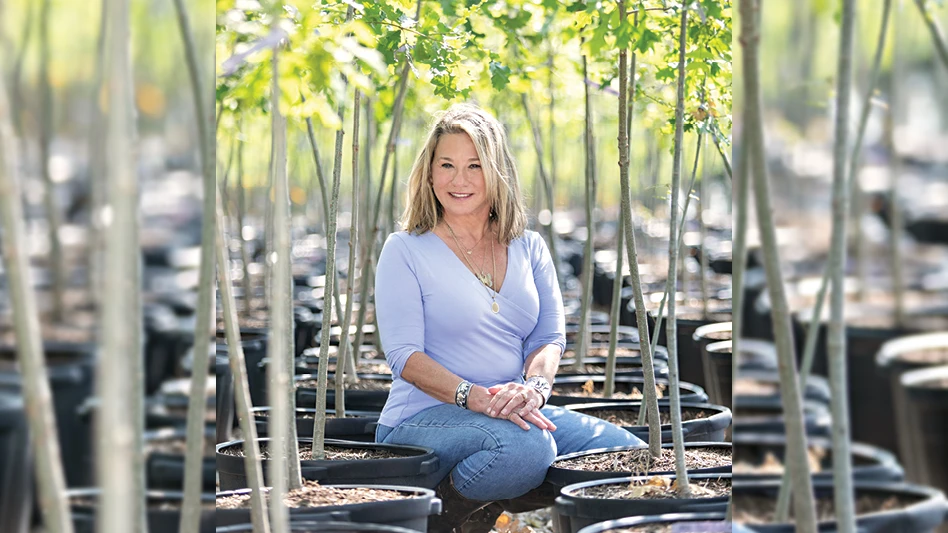Q: Is this workshop for beginners, growers with biocontrol experience, or all levels?
A: All levels.
Q: What’s a common misconception about biocontrol programs?
A: That you cannot use pesticides in conjunction with them and that they’re more expensive than conventional spray programs.
Q: Why do you think that’s a common misconception?
A: That’s a good question. I think biocontrol has always been held to a higher standard than pesticides because in the past, if people try biocontrol and they don’t work, they’re pretty quick to quit. Where, if people spray a pesticide and it doesn’t work, they’re willing to do that over and over again. I also think it’s an excuse because it does take a lot of education to get started and do biocontrol, but once people are there and cross over, they generally don’t go back.
Q: Are there biocontrol programs for growers who produce plants outdoors, or is it best for plants grown under cover?
A: Well, biocontrol started outside. If you look outside your window, every plant you see, biocontrol is going on. I actually think that outdoor biocontrol is almost easier than indoor because indoor growing is such a forced environment, even though there’s this idea that it’s designed for indoors. Yes, there’s been more research on indoor production than there has been on outside, but we’ve still been successfully able to do biocontrol outdoors. Not being able to do it outside is a big misconception.
Q: What should growers consider before starting a biocontrol program?
A: They need to look at what their pest complex is, and if their growers are on board with making this happen. They also have to look at their state and federal quarantine laws because if you’re in the fire ant quarantine zone, a lot of growers incorporate pesticides into their soil. Because of that, they’re excluded from doing some of the biocontrol agents in the soil. It’s also important to look at what the laws are in their area.
Q: What’s the learning curve for understanding biocontrol basics vs. traditional pest controls?
A: It depends on what your pest problem is. If you’re dealing with fungus gnats, it’s simple. But if you going with more complex programs where you’re dealing with whitefly and aphids, there’s definitely a learning curve with doing that. With today’s pesticides, there’s a learning curve with them because the pesticides in the market are more targeted, so we’re not seeing broad spectrum pesticides. Today, you have to be a lot smarter and identify specifically what your pest is before you can make a selection.
Do you have anything else you’d like to add?
A: This year’s workshop can be applied to multiple industries, not just ornamentals. Also, space is limited and it’s going to sell out so register early. It’s going to be a lot of applied and practical knowledge that can be learned the day of and put into production the day after.
Want To Go?
“Bicontrols Workshop: The How-to’s of Quality Control and Application Methods”
Saturday, July 13, 8:00 a.m.- 5:00 p.m., Eisenmann-Trott Cost: $165

Suzanne Wainwright-Evans is a horticultural entomologist who specializes in integrated pest management. With her 25-year career –18 as owner of Buglady Consulting – Wainright-Evans will share her knowledge on biological control and the proper use of pesticides. Not only is the Biocontrols Workshop eligible for pesticide recertification credit, it’ll also offer relevant skills that can be easily applied to production.

Explore the June 2019 Issue
Check out more from this issue and find your next story to read.
Latest from Nursery Management
- The HC Companies, Classic Home & Garden merge as Growscape
- Eason Horticultural Resources will now officially be known as EHR
- BioWorks receives EPA approval for new biological insecticide for thrips, aphids, whiteflies
- Ellen Mackenbach-Lakeman appointed new CEO of Dümmen Orange
- Southern Garden Tour sets 2025 dates for trial garden open houses
- New book explores plants that thrive in Rocky Mountains
- American Floral Endowment establishes Herman Meinders Memorial Tribute
- These companies are utilizing plastic alternatives to reduce horticultural waste





